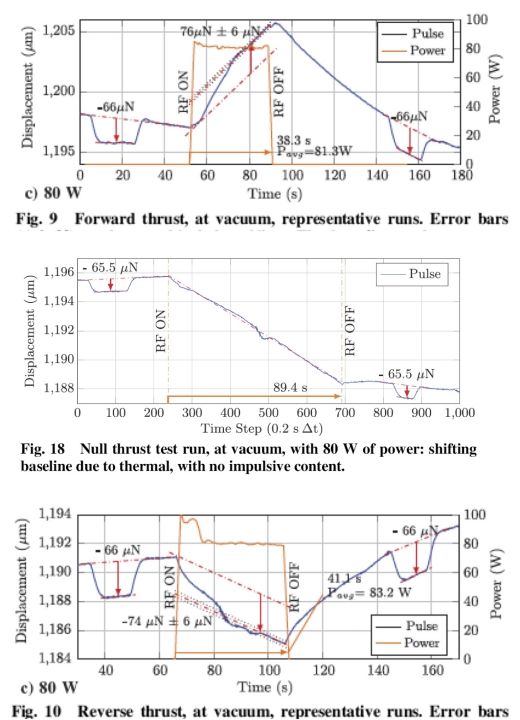Now that the EmDrive has made its way into the peer-reviewed literature, it falls in range of Tau Zero’s network of scientist reviewers. Marc Millis, former head of NASA’s Breakthrough Propulsion Physics project and founding architect of the Tau Zero Foundation, has spent the last two months reviewing the relevant papers. Although he is the primary author of what follows, he has enlisted the help of scientists with expertise in experimental issues, all of whom also contributed to BPP, and all of whom remain active in experimental work. The revisions and insertions of George Hathaway (Hathaway Consulting), Martin Tajmar (Dresden University), Eric Davis (EarthTech) and Jordan Maclay (Quantum Fields, LLC) have been discussed through frequent email exchanges as the final text began to emerge. Next week I’ll also be presenting a supplemental report from George Hathaway. So is EmDrive new physics or the result of experimental error? The answer turns out to be surprisingly complex.
By marc millis, george hathaway, martin tajmar, eric davis, & jordan maclay
It’s time to weigh in about the controversial EmDrive. I say, controversial, because of its profound implications if genuine, plus the lack of enough information with which to determine if it is genuine. A peer-reviewed article about experimental tests of an EmDrive was just published in the AIAA Journal of Propulsion and Power by Harold (Sonny) White and colleagues: White, H., March, P., Lawrence, J., Vera, J., Sylvester, A., Brady, D., & Bailey, P. (2016), “Measurement of Impulsive Thrust from a Closed Radio-Frequency Cavity in Vacuum,” Journal of Propulsion and Power, (print version pending, online version here.
